Sam Altman, the CEO of OpenAI, has issued a stark warning about the potential consequences of AI systems like ChatGPT flooding the internet with AI-generated content. During a recent Senate hearing, Altman expressed concerns that we could be heading toward a “dead internet” scenario where human-created content becomes increasingly difficult to find amidst a sea of AI-generated material.
The concept of a “dead internet” refers to online spaces dominated by artificial content rather than genuine human expression. As AI tools become more sophisticated and widely available, this warning raises important questions about the future of online information and how we might preserve authentic human voices in digital spaces.
The Growing Concern About AI-Generated Content
During his testimony before Congress, Altman acknowledged that AI systems like ChatGPT could potentially overwhelm the internet with synthetic content. This proliferation of AI-generated material might make it increasingly difficult to distinguish between content created by humans and that produced by machines.
The concern isn’t merely theoretical. We’re already seeing the early signs of this phenomenon across various platforms. News sites, blogs, and social media are experiencing an influx of AI-generated content, some of which is designed to game search algorithms rather than provide genuine value to readers. This trend threatens to undermine the quality and authenticity of information available online.
Altman’s warning is particularly significant coming from the head of OpenAI, the company behind ChatGPT. His willingness to acknowledge potential downsides of his company’s technology demonstrates a level of responsibility that many tech leaders have historically avoided when discussing the negative implications of their innovations.
OpenAI’s Approach to Responsible AI Development
Despite raising concerns about AI’s potential negative impacts, Altman remains optimistic about the technology’s future. He has consistently advocated for thoughtful regulation of AI systems while continuing to push forward with OpenAI’s development efforts.
OpenAI has taken several steps to address potential harms from their technology. They’ve implemented usage policies prohibiting certain applications of their models, developed tools to help detect AI-generated content, and engaged with policymakers to shape responsible governance frameworks for AI.
However, critics argue these measures may be insufficient given the rapid pace of AI development and deployment. The tension between innovation and responsible implementation remains at the heart of discussions about AI’s future. As Altman himself noted during the hearing, finding the right balance is challenging but essential.
The company’s approach to AI safety has evolved significantly since its founding. Initially established as a non-profit organization focused on ensuring AI benefits humanity, OpenAI later created a for-profit arm to secure the resources needed for advanced research. This transition has raised questions about whether commercial pressures might eventually outweigh safety considerations.
Potential Solutions to the “Dead Internet” Problem
Addressing the potential “dead internet” problem will require coordinated efforts from various stakeholders, including AI developers, platform companies, policymakers, and users themselves.
One approach involves developing more sophisticated AI detection tools that can reliably identify machine-generated content. While perfect detection may prove elusive as AI systems improve, even imperfect tools could help users make more informed decisions about the content they consume.
Transparency requirements represent another potential solution. Mandating clear disclosure when content is AI-generated would allow users to better understand the source of information they encounter online. Several platforms are already experimenting with labeling policies for AI-generated content.
Education also plays a crucial role. As AI-generated content becomes more prevalent, digital literacy skills become increasingly important. Teaching users how to critically evaluate information sources and recognize potential signs of synthetic content could help mitigate some of the harms associated with a “dead internet” scenario.
Regulatory frameworks may ultimately prove necessary as well. During his congressional testimony, Altman himself called for government oversight of AI development, suggesting that the technology’s potential impacts are too significant to leave entirely to market forces.
*conclusion
The warning from Sam Altman about a potential “dead internet” highlights the double-edged nature of advanced AI systems. While tools like ChatGPT offer tremendous benefits in terms of accessibility to information and creative assistance, they also pose significant challenges to our information ecosystem. The coming years will be crucial in determining whether we can harness AI’s benefits while preventing the degradation of online spaces.
As AI continues to evolve, preserving authentic human expression and maintaining the quality of our shared information environment will require ongoing vigilance and adaptation. The responsibility falls not just on AI developers like OpenAI, but on all of us as creators and consumers of digital content to ensure that the internet remains a vibrant space for genuine human connection and expression rather than becoming a “dead” landscape dominated by artificial voices.
conclusion*
What is the “dead internet” theory?
The “dead internet” theory refers to the concept that online spaces could become dominated by artificial or automated content rather than genuine human expression. In the context of AI, it suggests that tools like ChatGPT might flood the internet with machine-generated content, making it difficult to find authentic human-created material.
Why is Sam Altman concerned about ChatGPT contributing to a “dead internet”?
As CEO of OpenAI, Altman recognizes that as AI text generators become more sophisticated and widely available, they could potentially produce vast amounts of content that might overwhelm human-created material. This could degrade the quality of information online and make it harder to distinguish authentic from synthetic content.
How is OpenAI addressing concerns about AI-generated content?
OpenAI has implemented several measures, including usage policies restricting certain applications of their models, developing tools to help detect AI-generated content, and engaging with policymakers to establish responsible governance frameworks. They’ve also been transparent about the limitations and potential risks of their technology.
What can be done to prevent a “dead internet” scenario?
Potential solutions include developing better AI detection tools, implementing transparency requirements for AI-generated content, enhancing digital literacy education, establishing regulatory frameworks for AI development and use, and creating platform policies that prioritize authentic human expression.
How can users distinguish between AI-generated and human-created content?
Currently, this can be challenging as AI-generated content becomes increasingly sophisticated. Some indicators might include unusual phrasing, generic perspectives, lack of personal anecdotes, or factual inconsistencies. Various AI detection tools are also being developed, though their effectiveness varies as AI systems improve.
Is all AI-generated content problematic?
No. AI-generated content can be valuable in many contexts, such as summarizing information, creating first drafts, or assisting with creative projects. The concern is primarily about low-quality, misleading, or deceptive content produced at scale without proper disclosure, especially when it’s designed to manipulate search algorithms or spread misinformation.
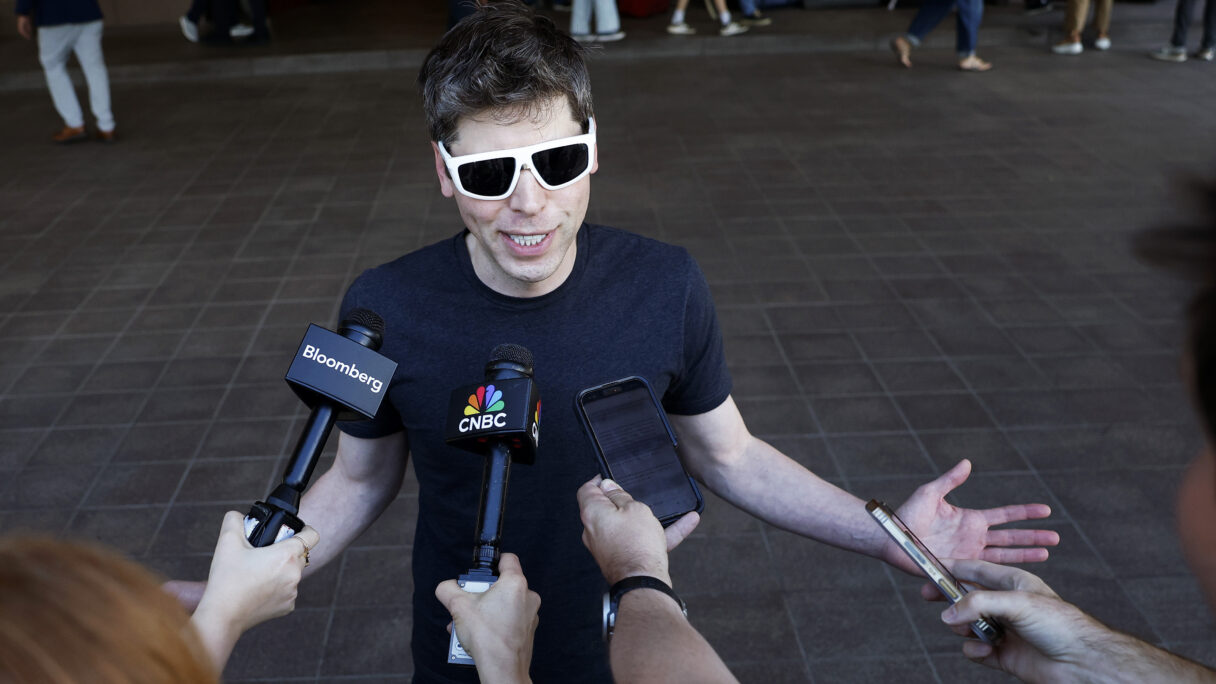
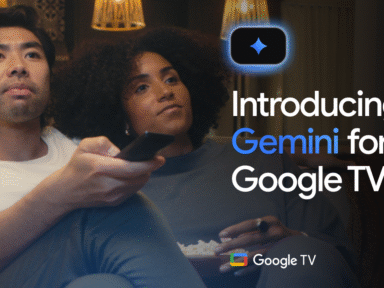
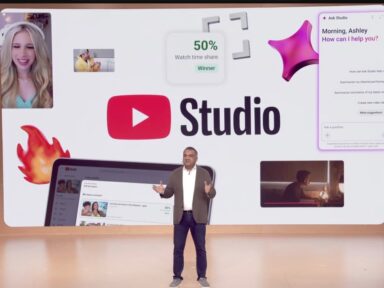
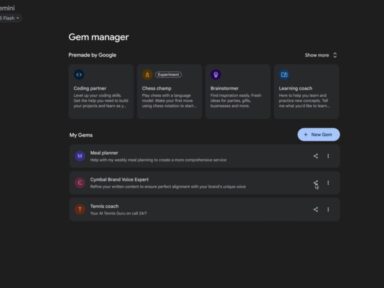
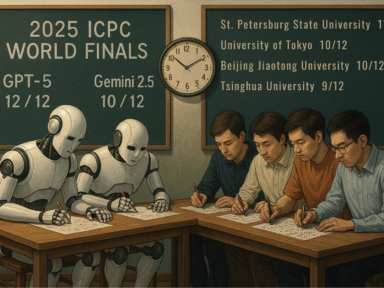




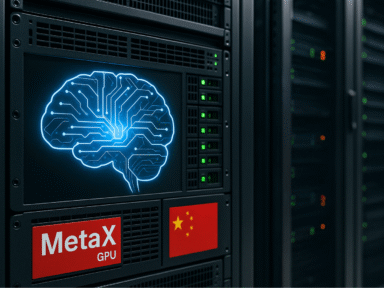






How would you rate AI Content Domination: ChatGPT Could Transform Internet by 2026?